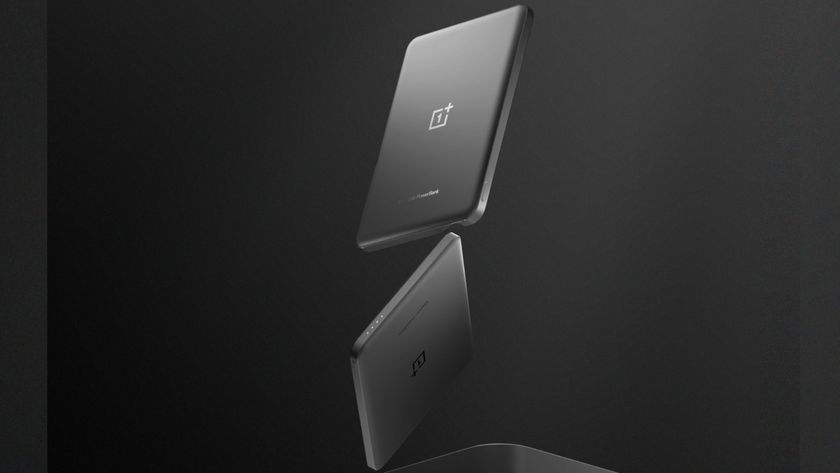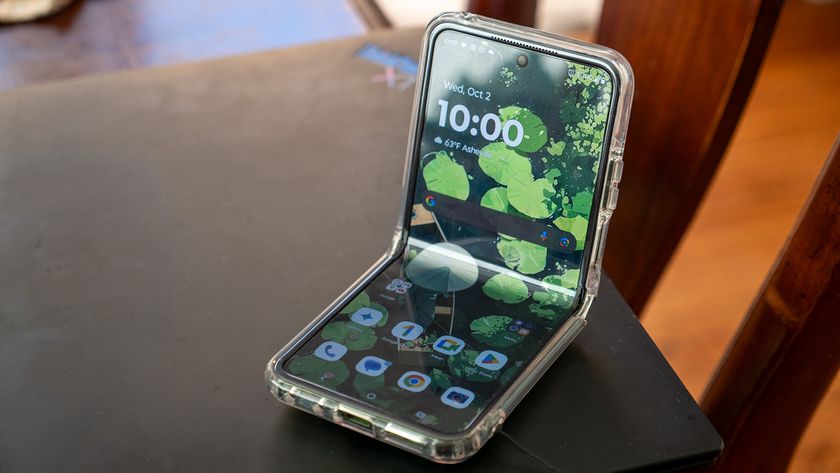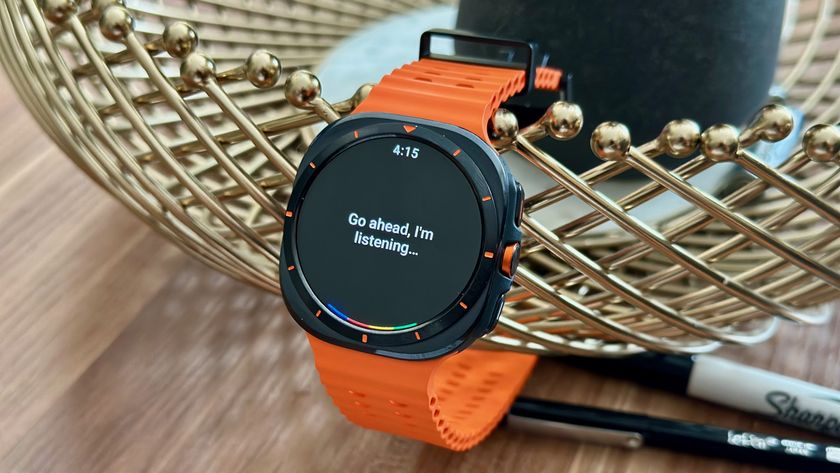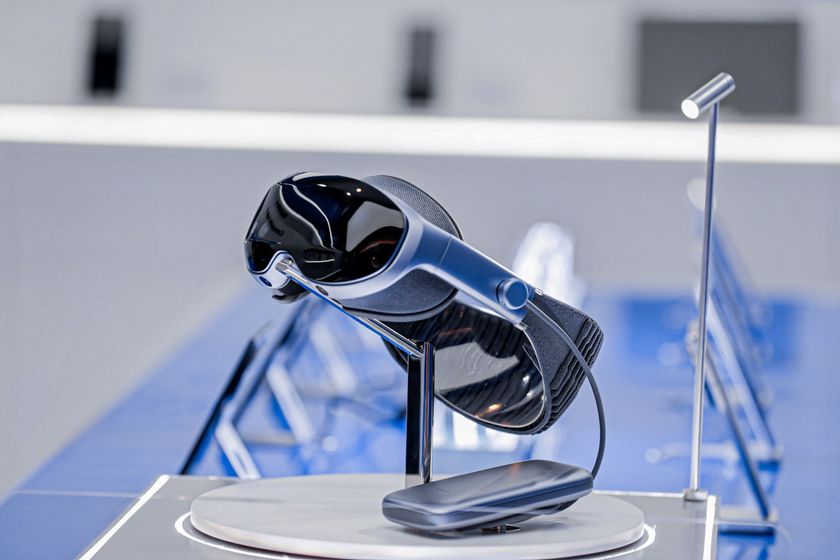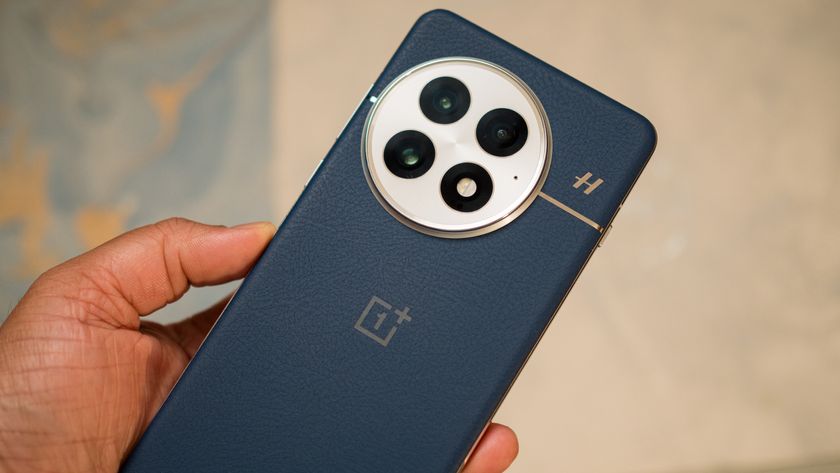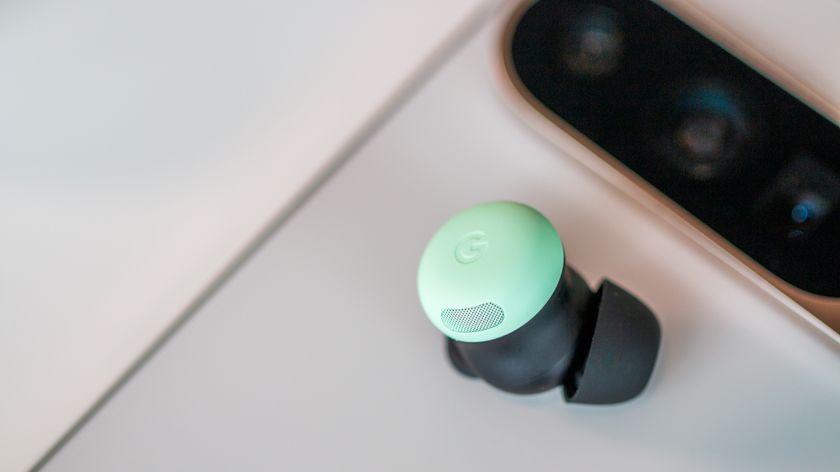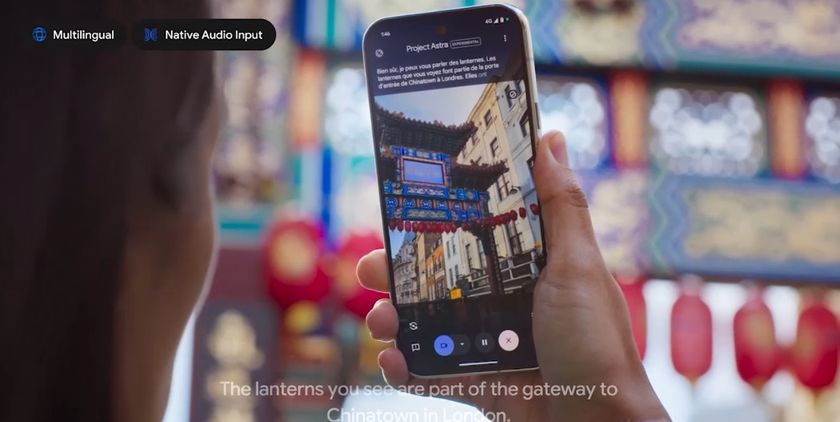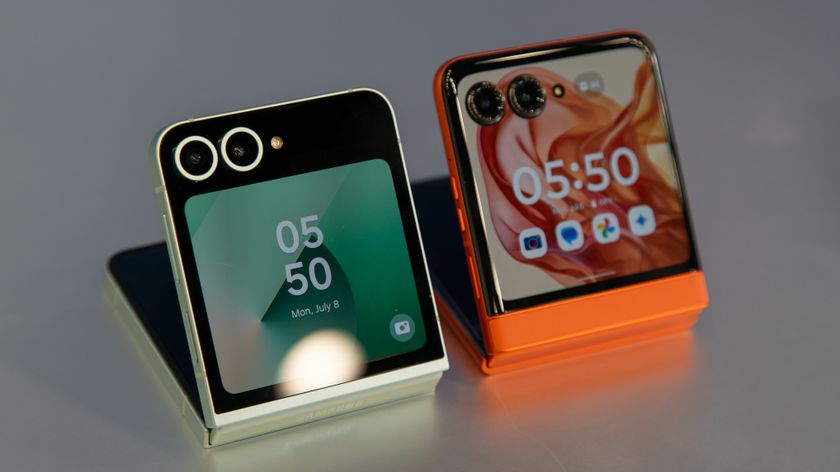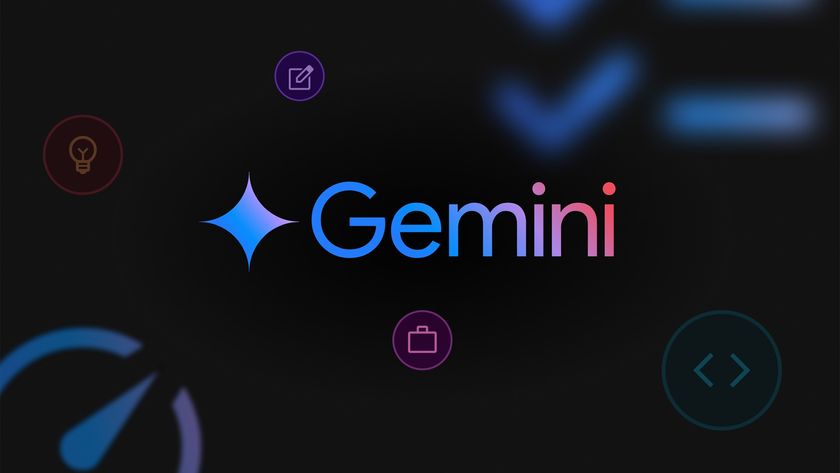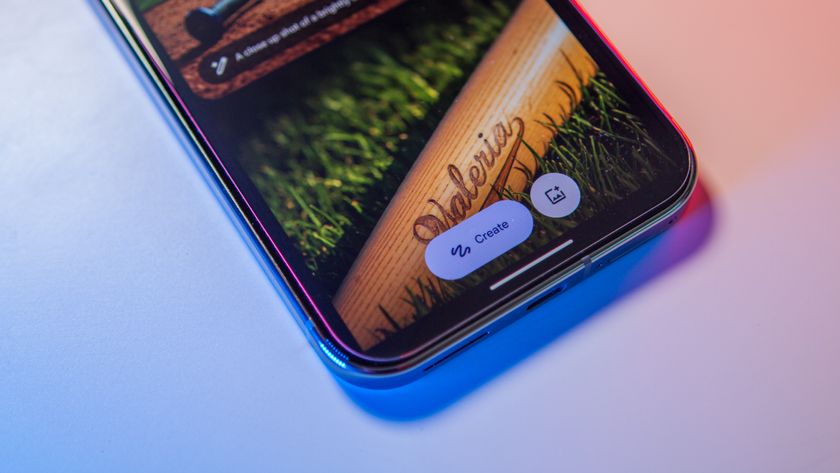Jelly Bean: Will your phone get an update?
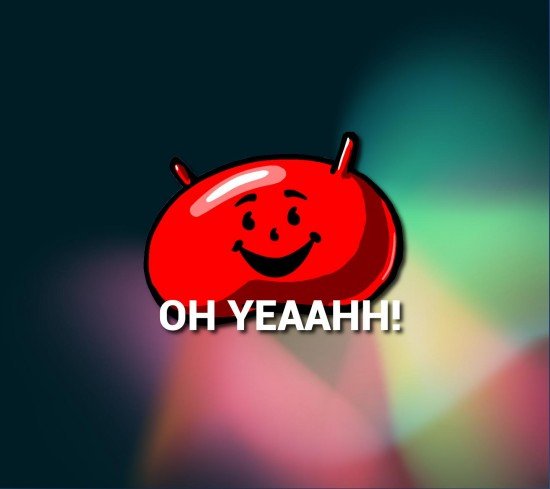
It's that time of year again! We've got a brand spankin' new version of Android in Jelly Bean, and almost every device isn't running it. If you've got a GSM flavored Galaxy Nexus, or aren't afraid to dive in and hack the daylights out of your phone, you might be happily enjoying the latest sweet treat from Google. That means you know what all the fuss is about. Jelly Bean may look a lot like Ice Cream Sandwich on the surface, but the performance and polish are worlds apart. If you're using one of the many other Android-powered handsets or tablets, and don't want to (or can't) get hacking, you're waiting. And probably not very patiently. And lest we advanced users forget -- that describes the vast majority of Android users.
So you're scouring the 'net, looking for news about your device and any potential Jelly Bean update. We have been, too. As usual, there isn't going to be very many "official" promises of Jelly Bean, but you'll find plenty of speculation. We are all Android, all the time. We like to think we have a bit of insight into how things work, and we love to share it with you. Hit the break, and see what we think on the matter.
Let me start with a little bit of information that most of us never consider. I've spent a good bit of my life working with Linux running on small, cheap, embedded devices. Not smartphones, but from an OS standpoint, not very different. From an engineering standpoint, once a device has "gone gold" and shipped, it's done. To translate that into Android terms, once the HTC Rezound was delivered and found to work as advertised, the engineering group stops focusing on it. They have a new project to try to finish on-time and under-budget. The thoughts of updating the operating system of the Rezound, or making any changes that aren't bug-fixes will never enter the engineers mind. Marketing and sales will drive that. When it's determined that an OS update will be profitable, someone in a meeting breaks the news to the fellows in engineering -- who aren't very happy that they need to pull people off a new project to work on an old one. It's not that the engineers don't care, it's just that there are only 24 hours in a day. This is just how a fast-paced, high-tech industry operates. Innovation and new products take priority, because that's how money gets in the bank.
On the other side, are users (that'd be you and me) who want new features. Some of us are savvy, and we realize that there are no hardware restrictions to keep us from getting them, and it all depends on the willingness of the manufacturer to make the changes. We don't care about new cool products we've never heard of yet, and won't be around for us to buy for months and months. We are at odds with the folks designing and building the equipment we love so much.
In the end, compromises are made. Software engineers are pulled from new projects and assigned to updating the Rezound to the next version of Android. They have a smaller budget, have to work around schedules of the hardware guys who will have to answer questions about drivers and support, and their under pressure from you and me to get their collective butts in gear and deliver our OS update. It's no fun to be in that position.
Once complete, all this is repeated at the carrier level for branded phones. You don't think Verizon or AT&T just say "cool beans, that ICS update is done for the Motorola Gizmo 4G LTE HD. Push it!" do you? They have to pull people to test, and test, and test. They are under pressure from their boss, because if they let something slip through that causes a lot of support issues, the folks who count the money will not be happy. It's a vicious cycle, and one we don't consider when we start complaining about not getting an update.
Just keep all this in mind, and you'll have a little insight as to why it takes so long, or why some phones and tablets are never going to get upgraded. I know Apple can do it, but Apple is a special case. They build mobile devices to power an ecosystem, like Amazon did with the Kindle Fire. The compelling reason to own an Apple mobile product is because "all the apps". Making sure all the apps work on all the devices is what drives their business model. Google looks to be going that direction -- let's hope it works as well for them.
Be an expert in 5 minutes
Get the latest news from Android Central, your trusted companion in the world of Android
Whew. I'm out of breath, so let's get right down to it.
HTC

The HTC One X (this includes the One XL and EVO LTE) and HTC One S will get Jelly Bean ported into Sense 4.0 -- I'm sure of it. I want to hope that the Vivid, and the Rezound get Jelly Bean, but I'm not nearly as sure. I honestly don't see HTC spending time or money to put older versions of Sense on top of Jelly Bean. The hardware is sufficient (every phone since the second-generation Desire could probably run JB just fine) but it's a lot of work for very little benefit on HTC's side.
Phones like the Sensation series, or the Amaze are out in the cold, I think. They are just too "old" in smartphone terms and ICS is where they remain until they go to that big recycle bin in the sky.
The dark horse here is the One V. Yes, the little One V with half the horsepower than all of his big brothers. It has one thing going for it, and that's Sense 4. Since Sense 4 is going to have to be integrated with JB anyway, I'm sure someone at HTC is thinking about dropping it on the One V. Remember, these guys are nerds and love that sort of thing. If it works well enough, they will want to share it. We'll have to wait and see. But wouldn't that be cool?
Samsung
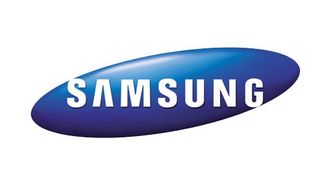
Every phone since the Galaxy S II is capable of running Jelly Bean, and should run it well. But see the big wall of text above, and realize that isn't the whole picture. The Galaxy S III will be updated. Probably not as soon as we would like (especially the US versions), but I'm sure they are already at work getting it done.
The Galaxy Note will get Jelly Bean, but only after the Galaxy Note 2 appears. Rumors say the Note 2 is coming this year, so they won't pull anyone off until it's finished. We don't have to like it, but that's how it goes.
The Galaxy S II will get Jelly Bean. Yes, I think it will. It will be an old version of TouchWiz so as not to change the user experience too awful much, but I think Samsung will spend the time and money to get Jelly Bean and the last-gen TouchWiz to play nice together.
The Note and the Galaxy S II are going to take a long time to get it though. Priority is going to go to getting the current-gen phones and their version of TW updated. Once that's done, even less time and less money will be directed to the older models, but it will come. Eventually.
Unfortunately, I don't think any of Samsung's other models will get any Jelly Bean loving. There's just too many, and focus will be on the multi-million sellers.
Motorola
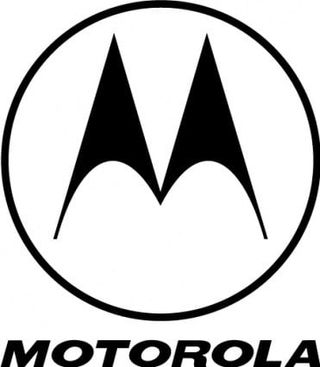
This is a crapshoot. Google says they are going to try and be hands-off with Moto, but does anyone really believe that? Blur isn't going to disappear, but Google controls the money so ultimately, they control the decision. Having said that, I think the RAZR (and RAZR MAXX) and all phones after will see Jelly Bean. The Photon and Bionic could probably run it just fine, but does anyone really see money being spent on either? They seem to have been forgotten, and unfortunately I don't see that changing.
I also think we're done seeing updates (and releases) of qwerty "Droids". Your Droid 4 isn't going to see an update. Thin is in.
Don't shoot the messenger!
LG
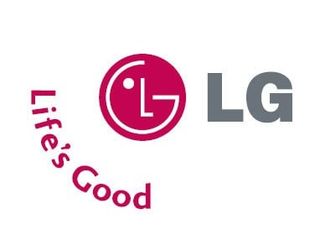
The Optimus 4X HD and Optimus LTE 2 might see Jelly Bean. LG also might try to squeeze it onto the Optimus Vu. But realistically, that's where it ends. LG struggles with Android updates, and while I'm sure they are working on it, they aren't there yet.
Sony

Had you asked me six months ago, I'd have said that Sony would be pumping out beta and dev previews of Jelly Bean for every phone capable ASAP. They had a really good track record there for a while, but then things sort of came to a grinding halt. The Xperia Ion shipped with Gingerbread. I don't like the new direction Sony is heading, but I'm afraid it's going to continue. Maybe it's a bit of restructuring since the buy-out of Ericcsson. Maybe they are working just as hard, but sharing less. Whatever it is, I think any Jelly Bean updates for existing Sony devices will be as rare as hen's teeth. That's a pity -- their hardware is so sexy and capable.
The rest
OEMs like Huawei, or Pantech might surprise us. We don't hear a lot from them, and they aren't under the microscope like the big players are. It wouldn't surprise me to see random Jelly Bean updates for phones that aren't as popular come out of left field. It also wouldn't surprise me if it doesn't happen. We have to take a wait-and-see approach here.
Tablets

ASUS and ACER will get Jelly Bean on every tablet with Tegra 3. I'm sure of it. The rest, well, I don't see it happening.
Samsung will release 11 new tablets running Jelly Bean and promise updates for one-third of their old models -- which will never happen. Yes I'm skeptical. Look at the ICS picture and you'll see why.
Motorola will eventually get the Jelly Bean update pushed to their Xooms (the LTE and European Wifi versions), but not nearly as fast as we would like. The Good news is that it's really easy to do it yourself, and people will. I also think they will update the Xyboards, but not change that crazy name.
Archos. Who knows what Archos has planned? They will either update all their 2012 tablets to Jelly Bean, or forget about them and build new models that are just as clunky but run Jelly Bean out of the box. They make a great tablet for tinkerers and power users, but they are a bit flaky for the average consumer.
We'll see a slew of cheap $100 craplets running Jelly Bean come from the far east before Christmas. 99-percent of them will suck. The few that stand out will get some media attention, but soon be forgotten. Those tablets are built for quick and dirty impulse buys, and we don't expect that to change.
Putting it all together
The first thing to remember is that this is in no way official. Phil, Alex, myself and all the writers talk about this kind of thing all the time, and we spend enough time on it that our predictions usually ring pretty true. That comes with the territory -- we start to think like OEMs and carriers.
Between now and forever, we'll hear manufacturers and carriers make promises and publish timetables about all this. More than half of it will turn out wrong. It's the nature of the beast, and I tried to explain how we think the process works a little at the beginning of this article. Nobody is happy that they are waiting for all the new features they keep seeing touted on blogs and everywhere else. We certainly aren't. But there's not a lot we can do about it.
Hopefully things like the PDK and other initiatives Google thinks up will help. We're skeptical, but there's always hope. For now we either have to wait and see, or take things into our own hands. If that ever changes, the first round is on me.

Jerry is an amateur woodworker and struggling shade tree mechanic. There's nothing he can't take apart, but many things he can't reassemble. You'll find him writing and speaking his loud opinion on Android Central and occasionally on Threads.
